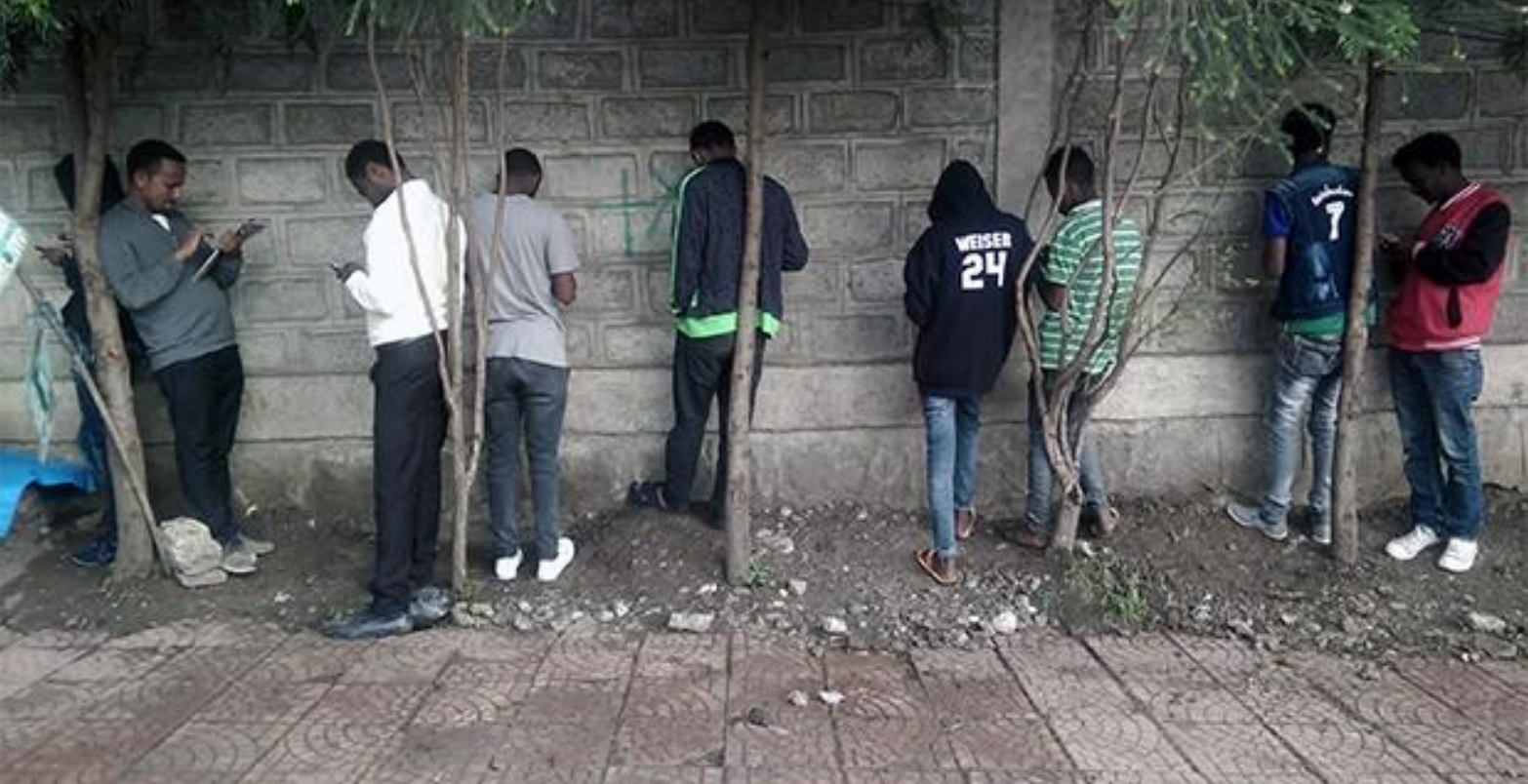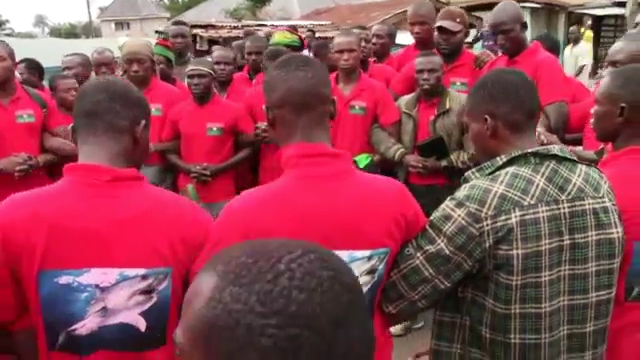
By Adotei Akwei and Miho Mitobe
At the end of 2016 Amnesty International published a report titled Ethiopia Offline: Evidence of Social Media Blocking and Internet Censorship in Ethiopia. This report documented how social media and networks in Addis Ababa and the Oromia region were being blocked by the Ethiopian government. Among the more alarming findings is that AI and the Open Observatory of Network Interference (OONI), who co-authored the report, detected the use of Deep Packet Inspection (DPI) technology, which can be used to monitor and filter internet traffic. The Ethiopian government appears to be using the technology for “mass surveillance internet censorship.” The government’s actions constitute a violation of Ethiopia’s obligations to protect freedom of expression under the African Charter and the International Covenant on Civil and Political Rights (ICCPR) and also drastically restricts access to information for the Ethiopian people.The internet crackdown is linked to a brutal crackdown by the government in response to protests that started in the Oromo region in November 2015 against the Addis Ababa City Integrated Development Master Plan. This led to nationwide protests following a stampede in Oromia region on October 2, 2016 that followed attacks on foreign and local businesses. In response to the attacks and the protests, the Ethiopian government declared a State of Emergency (SOE) on October 9, 2016. The government declared that under the SOE they could “restrict freedom of expression where such freedom is abused”, and imposed a wide range of restrictions on internet access. The government also arrested more than 11,000 people charging them with “violence and property damage.”
Based on the standards of the ICCPR, the State of Emergency in Ethiopia has resulted in many derogations that fail to meet international human rights law. For example, the Ethiopian government established a Command Post whose purpose was to “stop any media, prohibit any assembly and search and seize any person or place.” Under the SOE, WhatsApp, Facebook, and Twitter were either blocked or inaccessible in Ethiopia, especially in the Oromia region. Further, certain types of URLs were blocked, including news media, web pages of political opposition, LGBTI, calling for freedom of expression, and circumvention tools such as Tor and Psiphon.
The Ethiopian government continues to misuse the Anti-terrorism Proclamation (ATP) legislation to charge and arrest people critical of government policies or actions. Amnesty International believes that “the acts of censorship, conducted outside a clear legal framework, over several months and affecting dozens of websites and social media platforms as well as the State of Emergency itself – which is so broadly drafted violates Ethiopia’s international legal obligations and permits violations of numerous human rights.”
These violations include the arrest of a number of government critics such as Bekele Gerba, a leading Oromo human rights activist, Eskinder Nega a prominent journalist and a human rights defender. Who was sentenced to 18 years in jail after he wrote articles demanding freedom of expression and an end to torture in Ethiopia.. Yonatan Tesfaye, a prominent opposition figure facing a possible death sentence due to his Facebook post opposing a government plan to extend the capital’s administrative authority to the Oromia region and Merera Gudina, a human rights activist and leader in the Oromo community.
An untold number of Ethiopians are subject to human rights violations as a result of the State of Emergency, the Anti-terrorism Proclamation and other legislation that the government is using to impose order, and, according to the government, restore peace and security.
As 2017 begins however, the government of Prime Minister Hailemariam Desalegn will face very stark truths. In can continue down the current path of increasing repression, and jail anyone who it considers unacceptable, creating a nationwide detention camp, or
it can display the leadership the country needs by ending the State of Emergency, allowing an independent commission of inquiry into the protests that have shaken the country for the last two years, repeal the draconian laws it created to silence opposition, and release the scores of prisoners that it will need to talk to and work with to address the governance and human rights challenges the country is facing.
The world is watching and time is running out.
This post was originally published on Human Rights Now.
